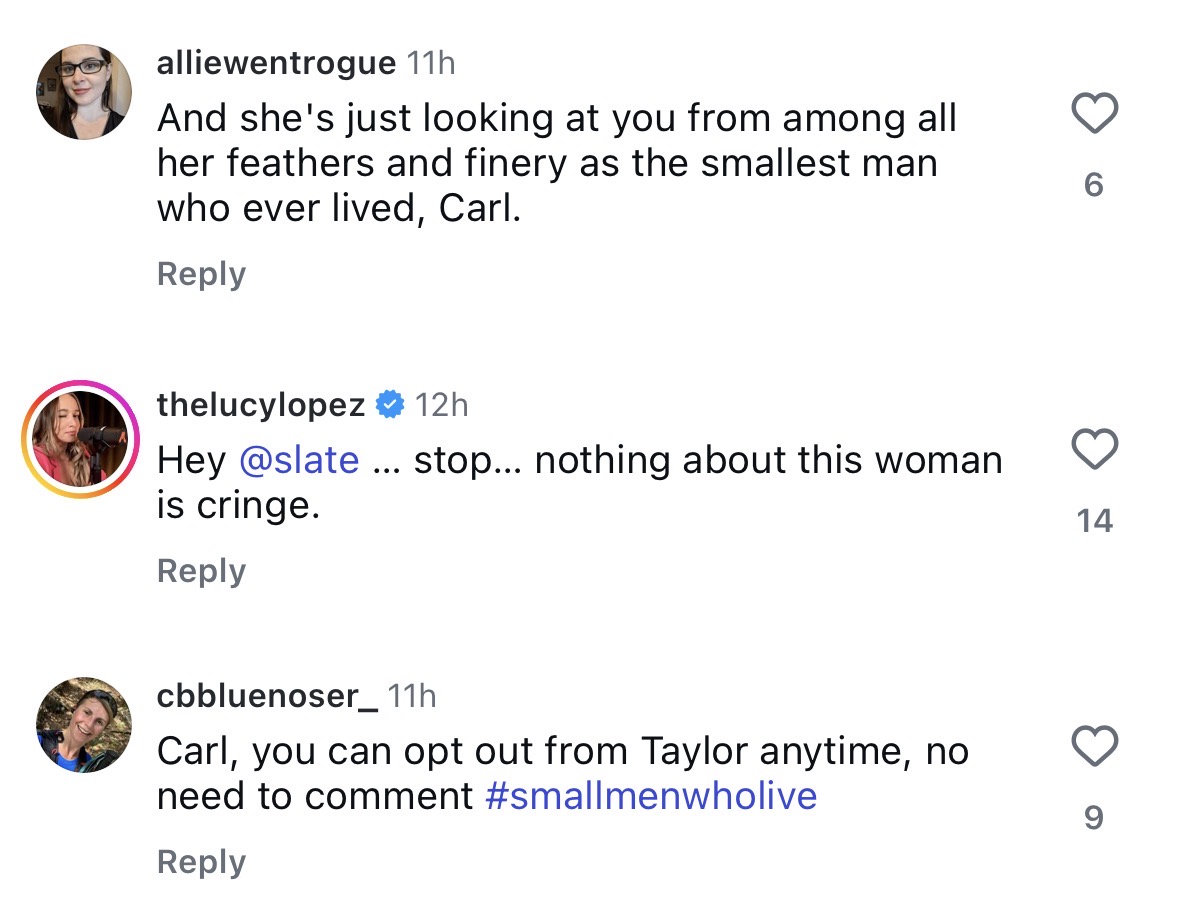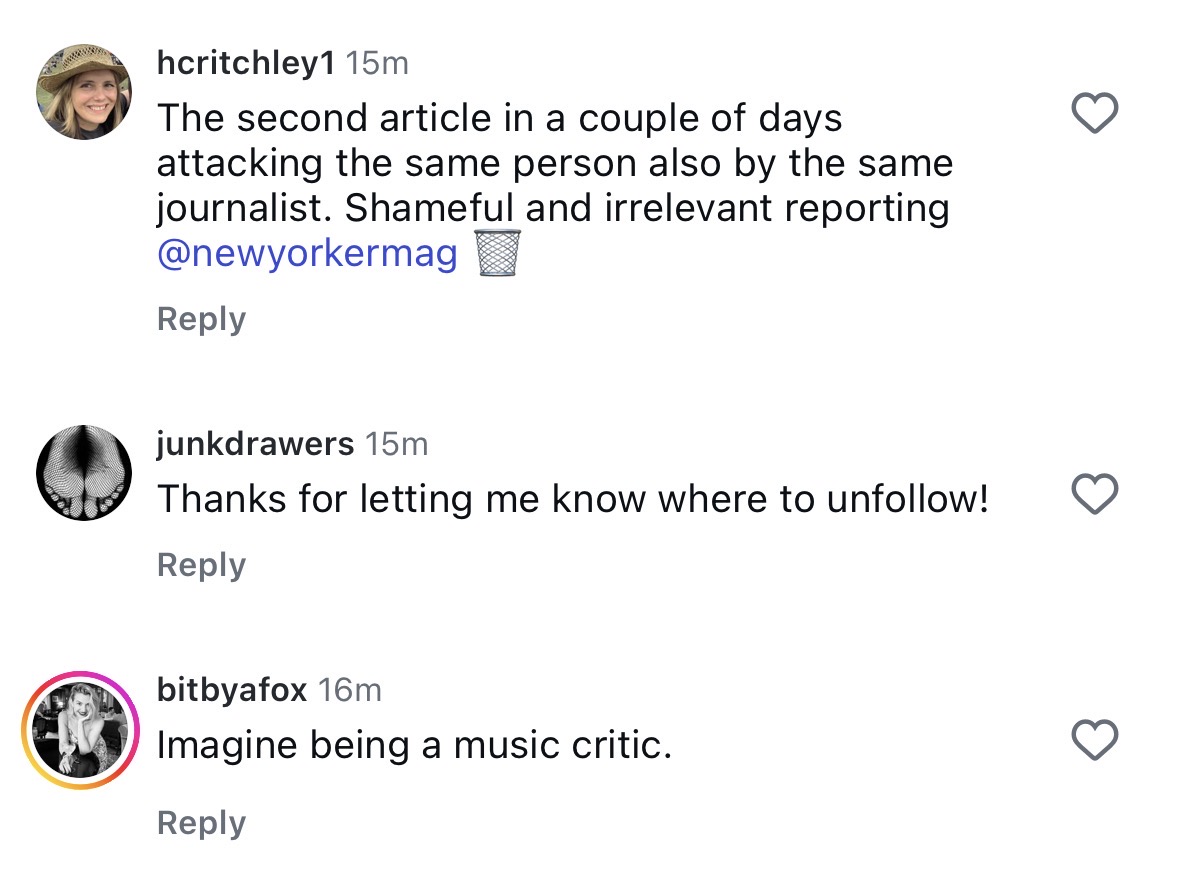I’ve built a reputation for writing about American singer-songwriter Taylor Swift extensively for the Daily Nexus (pun intended). Every time Swift releases an album or music video or is even just photographed crossing the street, people look to me for my thoughts and opinions. Swift was actually one of the reasons why I was interested in journalism in the first place — I’ve always been fascinated by her career and influence in popular culture. The idea of contributing to the world of music through journalism was something deeply important to me.
In reviews, I called “Speak Now (Taylor’s Version)” a “powerhouse” in her discography. I heralded “1989 (Taylor’s Version)” as an affirmation of Swift’s well-deserved pop-star status, and a testament to her commitment to artistry.
But I’m not always so kind. On the other side of the critical spectrum, I described “The Tortured Poets Department” as “word vomit, a string of discombobulated thoughts, late night notes app poetry or delirious diary entries attempting to hit a word count.” I still stand by what I said.
With the recent release of Swift’s 12th studio album “The Life of a Showgirl,” I contemplated continuing my streak of Nexus album reviews. But as a journalist and (perhaps more relevantly) Swift specialist, I found I was less interested in writing another review and more interested in the concerning trend of responses to already-published criticism.
Following the album’s release, critics for publications such as the New Yorker, the Atlantic, the Guardian and Slate penned not-so-dazzling reviews. The Atlantic’s Spencer Kornhaber described it as “the sound of an overworked entertainer reaching the mountaintop to find something worse than disappointment: burnout.” Alexis Petridis wrote “it’s just nowhere near as good as it should be given Swift’s talents, and it leaves you wondering why” in The Guardian.
And the Swifties were not happy. While reading comments and social media responses to said reviews, I observed a common theme of fans not only expressing their disagreement with the review, but attacking the work of the journalists and the existence of their relatively fair criticism as a whole.

Instagram comments about Carl Wilson’s review for Slate.
I’ll put it plain and simple: every artist is subject to criticism, even the greatest showgirl. And the moment we forget that — the moment someone is idolized above the craft of art itself — is when the integrity of art and journalism is put at risk.
Two things can be true at once. Taylor Swift can be a pop culture icon, someone who creates art that is deep and meaningful to a wide audience. She can be someone that young people look up to, a star that many relate to and a person who, at the end of the day, loves to create and share music.
And she can also be an artist that’s capable of missing the mark and making an album that isn’t universally loved.
I can’t help but respect the Swifties. I admire their continued support for her stardom. At times, when I’m not wearing my critic hat, I am a Swiftie as well. I take issue when the fearless defense of Swift sours from a simple difference in opinion to a disregard for the craft of music criticism.

Instagram comment from The New Yorker’s review of the album.
The review, as a style of writing, is one that is meant to spark conversation. By publishing one’s opinion on an album/movie/play/et cetera, it forces the reader to consider their own opinion on the subject. Good criticism offers a different viewpoint on a piece of art, ultimately strengthening the influence of the work and cementing it as part of the cultural zeitgeist.
And at the end of the day, the existence of music journalism is a testament to music as a shared experience. Engaging in discourse and expressing opinions on an album or track enriches the world of music. It’s not meant to be objective, nor is it solely meant to convince the reader of a certain perspective.
It’s one thing to disagree with a review. It’s another thing to disagree with the existence of criticism entirely.

More comments from The New Yorker review.
At the risk of making mountains out of molehills, I can’t help but connect this to a larger phenomenon. Journalism and opinion, in all forms, are under attack right now. We’re seeing journalists being laid off left and right, whether it’s due to a lack of funding or for expressing their beliefs. Political leaders and billionaires are using their power to silence the freedom of speech. And while hating on the journalists covering the new Taylor Swift album might seem small and trivial in the grand scheme of things, discrediting the merit of critique opens the door for any and all forms of criticism to be possibly eradicated.

An excerpt from a comment on my 2024 review of the “The Tortured Poets Department.” I’ll be honest, this made me laugh.
For those feeling personally victimized by negative “Life of a Showgirl” reviews, I can reassure you that Swift will recover. I suspect that throughout her highly-publicized life-spanning career, she’s made peace with the fact that her music isn’t for everyone. Swift is so uber successful, she can afford to occasionally miss her mark. And at the end of the day, her fanbase will always support her.
I’m worried that the art of critique and existence of music journalism doesn’t have the same steadfast, undying backing Swifties offer their leader.
I’m incredibly concerned about the instant vilification of journalists expressing an unpopular opinion, the inability to accept a different perspective and what that means for the future of critical reviews.
I’m hesitant to label music critics as “haters,” but in the words of Swift: “haters gonna hate, hate, hate, hate, hate.” And if you care about the health and integrity of arts journalism as much as I do, it might be in all of our best interest to let the haters keep hating.
Lauren Chiou is kindly asking fellow Swifties to hear her out. She would like to remind them that she owns a signed copy of “folklore” and went to The Eras Tour twice.
A version of this article appeared on p. 14 of the Oct. 9, 2025 edition of the Daily Nexus.




















